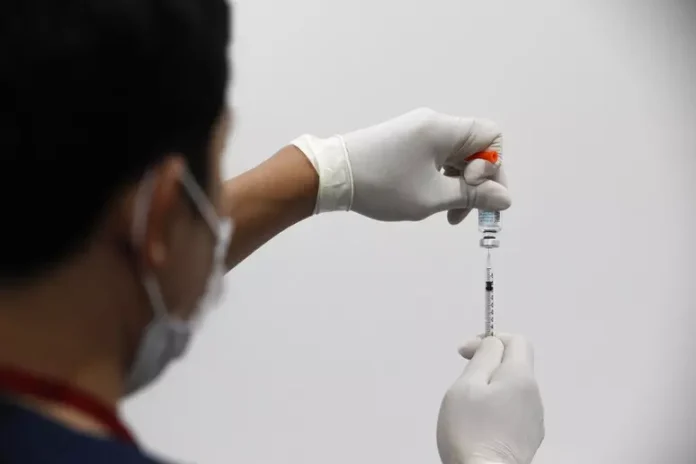The current global public health emergency is another reminder that neglect in one part of the world can impact everyone, according to Dr Hans Heni P. Kluge and Peter Piot.
Dr Hans Henri P. Kluge is director of WHO Regional Office for Europe. Peter Piot is a professor of global health, London School of Health, and Tropical Medicine as well as special advisor to President Ursula von der Leyen on European and Global Health Security.
They state that mpox serves as a reminder of how quickly collective amnesia sets in when it comes to action. They recalled smallpox, HIV/AIDS, Ebola, and the COVID-19 pandemic.
Mpox has been transmitted in some parts of Africa from animals to humans, but has long been ignored by the global health community. As with many infectious diseases, if left unchecked, new transmission routes and new clades or strains develop.
As mpox had previously been prevalent only in Africa, the rest of the world preferred to ignore it. However, this changed two years ago when Europe became the first epicentre of a global clade II mpox outbreak. This triggered the WHO’s first declaration of an mpox emergency.
In 2022, Europe responded rapidly. However, the fight against smallpox was not over. Countries exhausted their forces and commitments before it was possible to stop the transmission of the virus across communities. Every month, around 100 new cases of clade II are detected in the European region.
Fighting mpox
Although the situation is complex, one thing seems clear: mpox is neither a new COVID nor a new HIV/AIDS. Its emergence and spread will not cause the scale of devastation that the pandemic did. Meanwhile, global production of mpox vaccine is severely limited, with demand far outstripping supply.
Now, the European Commission has shown a path to international solidarity by donating some 200,000 doses of Bavarian Nordic vaccine to the Democratic Republic of the Congo through the Africa Centres for Disease Control and Prevention (CDC).
There is no justification for continued smallpox transmission in Europe among often stigmatised populations, especially knowing how smallpox can mutate. However, Europe’s efforts will mean little if the virus continues to circulate unimpeded elsewhere.
COVID-19 has already shown that travel restrictions and bans are not productive. They will not discourage travel, but reduce the likelihood of seeking medical attention for travel-related cases.
Now is the moment for Europe to build confidence in the health system within and beyond the continent. Through coordinated efforts and timely assistance, Europe will be able to break the cycle of neglect and panic over smallpox and other epidemics.
